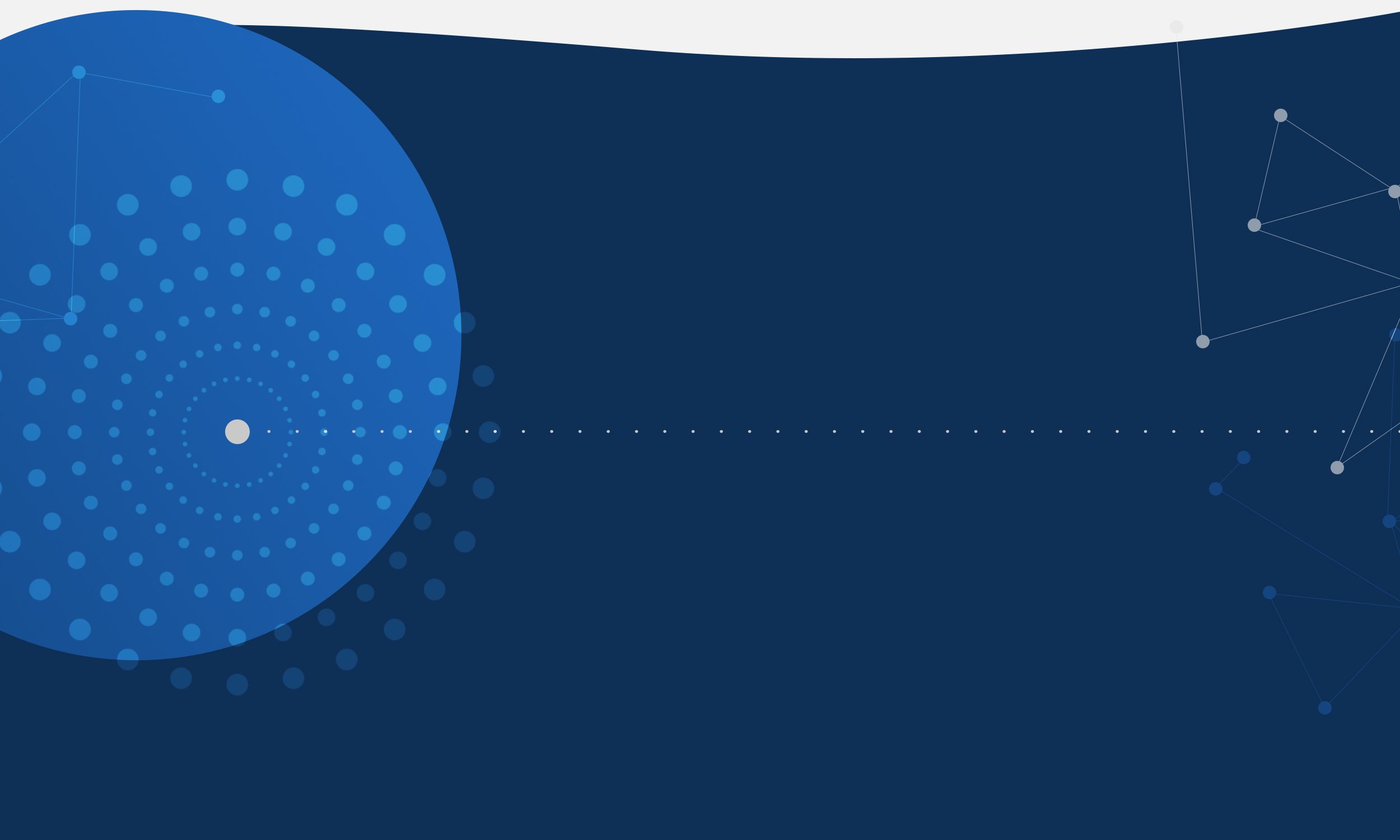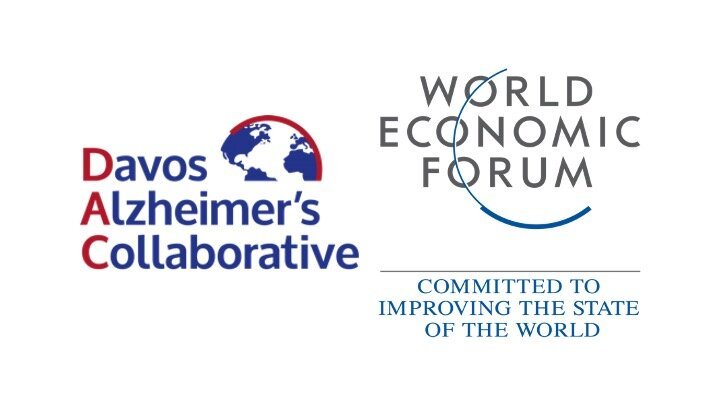
Global Cohorts
DAC is building global cohorts to advance understanding of Alzheimer’s disease among diverse populations. These programs enable the discovery of new globally scalable diagnostic biomarkers, novel drug targets, and provides intervention pathways for precision risk reduction, prevention, and treatments.
Introducing
DAVOS ALZHEIMER’S COLLABORATIVE
GLOBAL COHORTS NEWSLETTER: 2024
The Challenge
Progress against Alzheimer’s disease requires a comprehensive, nuanced understanding of the disease.
Yet nearly all research has been conducted on white populations of Western European origin, leaving out approximately 90% of the world.* This lack of diversity limits our ability to understand the complexities of the disease and the identification of new targets for treatments and associated biomarkers.
Because genetic analysis is focused overwhelmingly on white Europeans, we have an incomplete understanding of the way Alzheimer’s disease impacts diverse populations.
Figure Source: Martin et al., 2019
Our Approach
DAC is building a global cohort who reflects the disease in all its global diversity.
DAC’s Global Cohort Program aims to enable a collaborative, multi-modal ‘genomics to digital’ approach towards understanding Alzheimer’s disease heterogeneity in diverse settings. We are actively working with 7 full cohort programs representing over 350,000 individuals from around the globe.
DAC welcomes collaboration with diverse organizations in the field, such as (but not limited to) research institutions, startups, and industry partners.
If you are interested in supporting or contributing to DAC’s research, please email Irene Meier (Executive Director, Program Strategy & Operations) to request a meeting. Thank you!

Our Progress & Goals

“Drug development is held back by an incomplete understanding of the heterogeneity and variability of Alzheimer’s disease. Building research capacity in low- and middle-income countries can unlock new therapeutic targets. I have great hope for DAC’s work to build a global cohort with diverse, high-quality data and make it readily available to researchers.”
・ Elias Zerhouni ・
Professor Emeritus, Johns Hopkins University; Former Director, National Institutes of Health; Former President R&D, Sanofi



